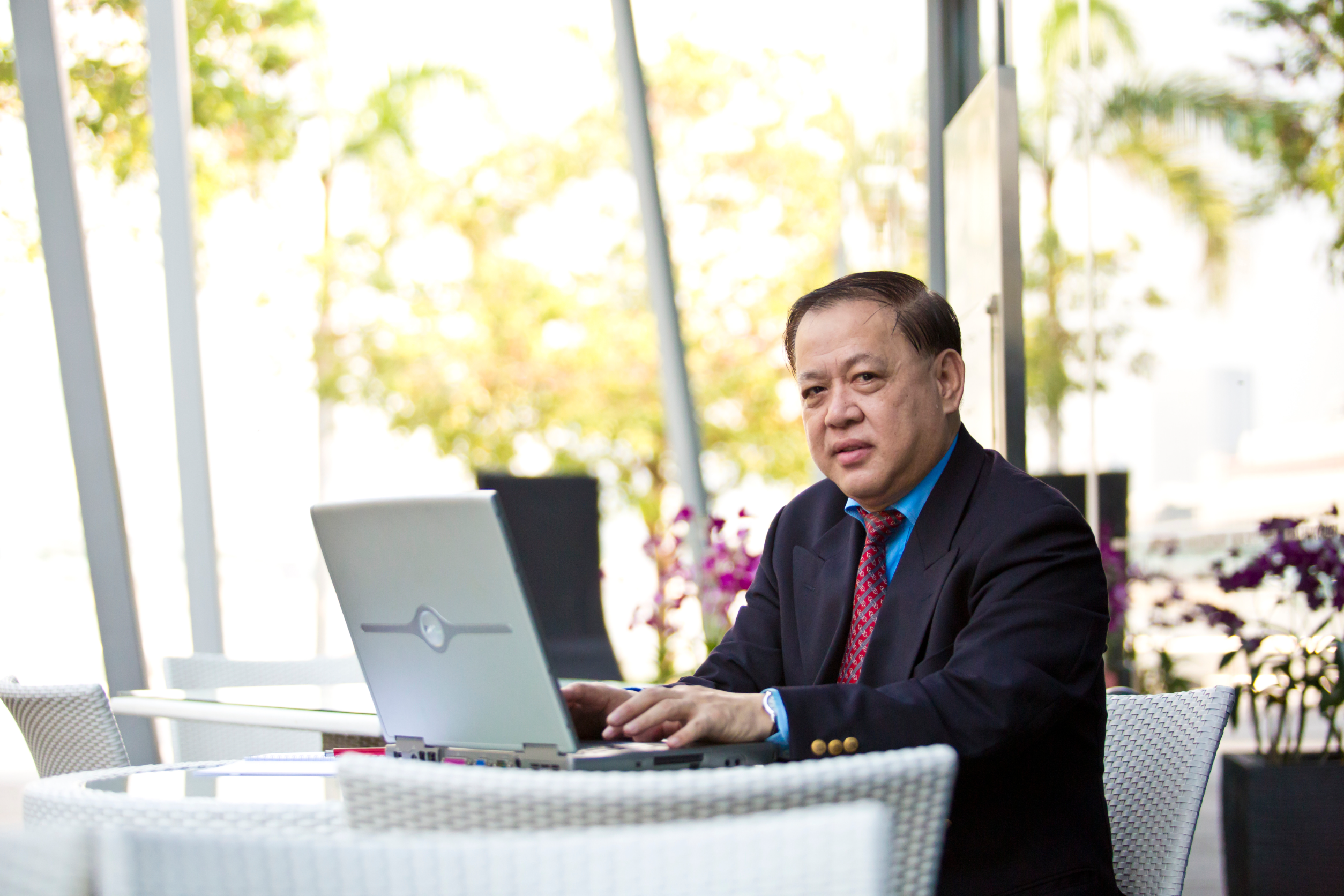The Philippines advances bill for senior employment

In a move to enhance employment prospects for senior citizens, the House of Representatives in the Philippines has endorsed a bill aimed at ensuring job opportunities for the elderly. Led by Joey Salceda, a member of the Philippines House of Representatives, the committee gave its nod to an unnumbered bill consolidating measures to expand employment avenues for seniors.
The proposed legislation mandates the state to facilitate the employment and re-employment of seniors who possess the desire and capability to work. Under this bill, the Department of Labour and Employment (DOLE) will play a pivotal role in matching seniors with suitable job opportunities, both in government agencies and private organisations.
Emphasising the societal impact of the initiative, Erwin Tulfo, Deputy Majority Leader of the Philippines House of Representatives and one of the bill’s principal authors, highlighted that it transcends mere job creation.
“It fosters social inclusion, keeps seniors mentally and physically stimulated and contributes to their financial security,” Tulfo said. “(Organisations) employing senior citizens can bring stability, loyalty and wealth of experience to the workplace.”
READ MORE: Wage hikes in the Philippines: Leave it to the wage boards
Moreover, the bill seeks to streamline the process for senior citizens and persons with disabilities (PWDs) to avail themselves of discounts, particularly on utility bills. Salceda commended efforts by energy utility provider Manila Electric (Meralco) in simplifying discount applications through an accessible online platform, reported Philstar.
“I requested Meralco to make this available, in consonance with the efforts of the committee on ways and means to improve the privileges of vulnerable sectors,” he concluded. “I hope all organisations are as proactive in complying with their obligations to PWDs and senior citizens.”



